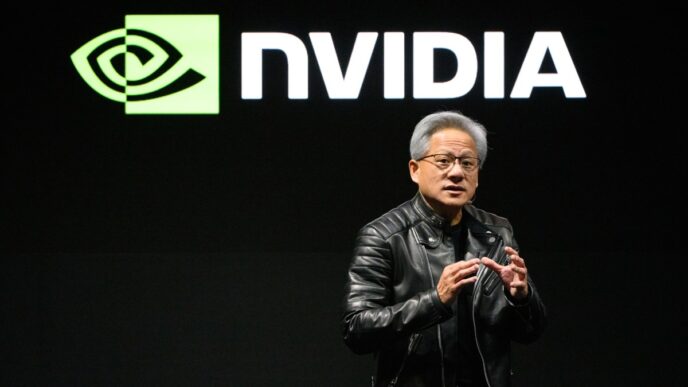Oway just raised $4 million to slash U.S. freight shipping costs by 50%. The San Francisco startup, backed by Y Combinator and General Catalyst, targets the massive inefficiency in trucking: half-empty semitrailers hauling cargo across the country.
Founded in 2023, Oway uses AI-powered machine learning to match cargo with unused trailer space in real time. Its secret weapon: “electronic logging devices” (ELDs) on trucks that track exact location and driving hours. With these data points, Oway places goods on trailers already headed near the cargo’s destination, chopping costs drastically.
Founder Phillip Nadjafov told TechCrunch:
“You shouldn’t need to … buy a whole 50-something-foot truck to move [something] across the country in order to get good pricing,” he said. “If you have a single box over 100 pounds you want to move across the country, you should be able to, now, with current technology … do that. And this is a huge problem we have in America.”
By avoiding traditional full truckload or slower less-than-truckload (LTL) models, Oway promises truckload speed with LTL cost benefits. It also cuts down on product damage and emissions by reducing unnecessary unloading and rerouting.
Behind the scenes, Oway automates shipping paperwork and insurance using tech-old and new. The startup is working privately with large fleet operators but won’t name names yet.
Nadjafov sees a $100 billion problem ripe for disruption:
“Trucking is a trillion-dollar industry and the empty space phenomenon itself is a $100 billion problem,” he said. “It’s going to be, I think, a very transformative movement for the entire commerce and logistics sector of America over the next 10 years, because I believe that this will be basically the de facto way that most businesses are going to move things around.”
No plans yet to expand internationally — Oway is laser-focused on the U.S. for now. The startup’s 12-person team plans to build flexible, open infrastructure that other logistics businesses can plug into.
The trucking industry’s endless empty miles might finally be getting a tech facelift.














